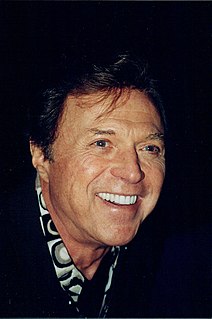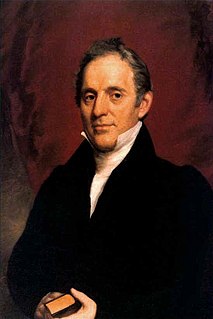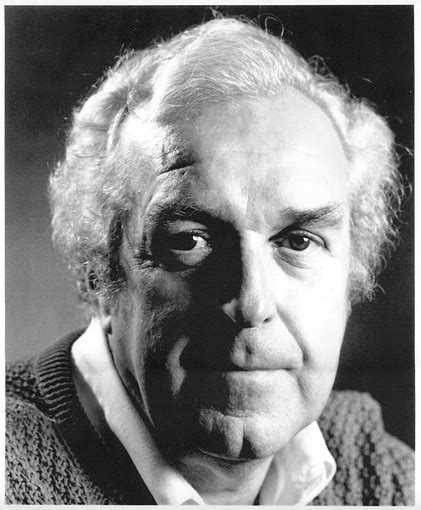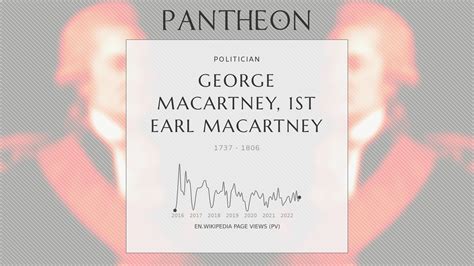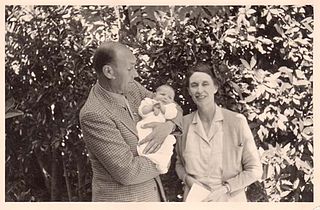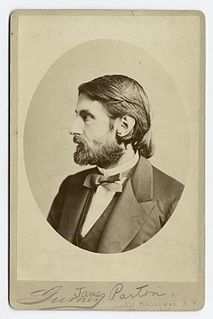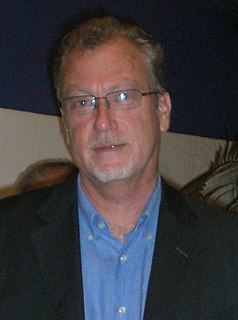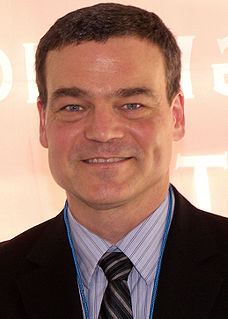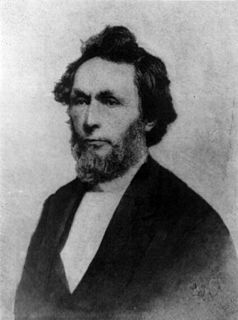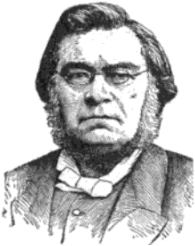A Quote by Rob Pruitt
Constant change is part of the American culture for most people.
Related Quotes
We all exist in similar systems that mirror and reproduce the same American culture for the most part. What Oscar Wilde said about the lucky author who has a non-literary day job no longer holds, if it ever did. Artists seek validation as much as they seek money. The creation and invention of culture and canon is where most of the trouble lies.
... the connection between imperial politics and culture is astonishingly direct. American attitudes to American "greatness", to hierarchies of race, to the perils of "other" revolutions (the American revolution being considered unique and somehow unrepeatable anywhere else in the world) have remained constant, have dictated, have obscured, the realities of empire, while apologists for overseas American interests have insisted on American innocence, doing good, fighting for freedom.
The reason I wouldn't dare to write a Western is simply because that seems to be so much a part of American culture. Maybe if I want to write a Western enough I should try to overcome that fear, but I'll certainly feel like I'm trespassing. I feel that that is so much a part of American foundation myth, it's part of the myth of America, the American vision of what America is, which people have glorified and then challenged and then vilified.
People take pride in being Irish-American and Italian-American. They have a particular culture that infuses the whole culture and makes it richer and more interesting. I think if we can expand that attitude to embrace African-Americans and Latino-Americans and Asian-Americans, then we will be in a position where all our kids can feel comfortable with the worlds they are coming out of, knowing they are part of something larger.
I don't really identify with America, I don't really feel like an American or part of the American experience, and I don't really feel like a member of the human race, to tell you the truth. I know I am, but I really don't. All the definitions are there, but I don't really feel a part of it. I think I have found a detached point of view, an ideal emotional detachment from the American experience and culture and the human experience and culture and human choices.



